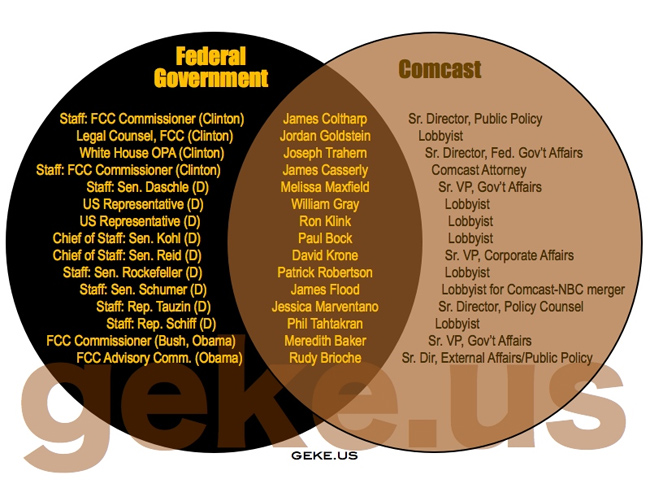Uncommon Knowledge of Common Carriage - Community Broadband Bits Podcast 270

The modern fight over network neutrality isn't a few years old. It is well over 1,000 years old across a variety of infrastructures and is totally wrapped up in a legal concept known as common carriage that has governed many kinds of "carriers" over the years. Few, if any, are as conversant in this subject as Barbara Cherry - a lawyer and PH.D in communications. She has worked in industry for 15 years, at the Federal Communications Commission (FCC) for five years, and is currently a professor in the Media School at Indiana University.
One of the key points of our conversation is regarding the problems with media shortening the Network Neutrality policy fights as turning the Internet into a "public utility." Barbara helps us to understand how common carriage is distinct from public utility regulation and why common carriage regulation is necessary even in markets that may have adequate competition and choices.
We also talk about the history of common carriage and the importance of what might seem like outdated law from the days of the telegraph.
This show is 30 minutes long and can be played on this page or via Apple Podcasts or the tool of your choice using this feed.
Transcript below.
We want your feedback and suggestions for the show-please e-mail us or leave a comment below.
Listen to other episodes here or view all episodes in our index. See other podcasts from the Institute for Local Self-Reliance here.
Thanks to Arne Huseby for the music. The song is Warm Duck Shuffle and is licensed under a Creative Commons Attribution (3.0) license.


 Reforming this system is a deep, seemingly intractable problem. But for those looking for answers, a good place to start is with the work of Lawrence Lessig. I just finished his
Reforming this system is a deep, seemingly intractable problem. But for those looking for answers, a good place to start is with the work of Lawrence Lessig. I just finished his